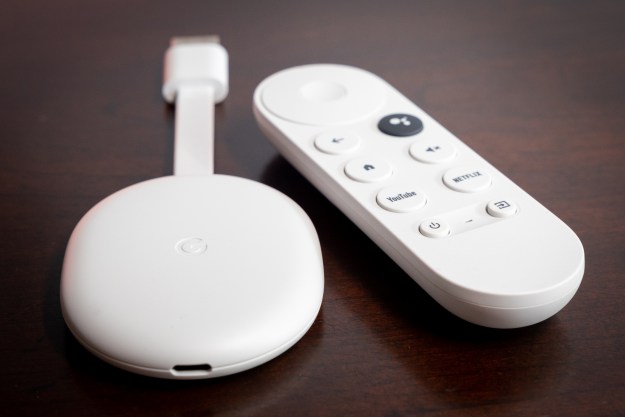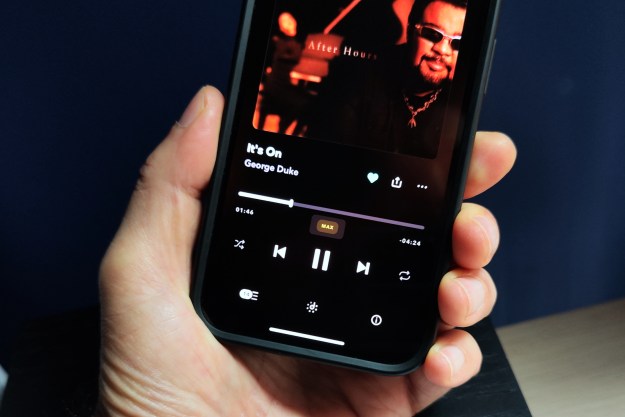
Florida and an unknown number of other states will join in the Justice Department’s efforts to determine if Comcast’s plan to merge with Time Warner Cable is admissible under U.S. antitrust law, according to a report by Reuters today.
In an email to Reuters, the Florida attorney general’s office claimed involvement in “a multistate group reviewing the proposed transaction along with the U.S. DOJ Antitrust Division.” When states become involved in matters such as these, it can generate additional pressure for a favorable outcome, but it also means the Justice Department has more resources at hand. Historically, this kind of collaboration is designed to ensure a transaction’s compliance with antitrust laws.
The monstrous merger deal has garnered the close attention of many watchdogs, lawmakers, and consumer groups — and consumers themselves aren’t exactly thrilled with the news, either. As we pointed to last month, the two companies are two of the most despised in the country.
Consumers don’t always just sit and hope for a better service provider to come along, as demonstrated by Lafayette, LA in 2004 — history could very well repeat itself if this deal goes down and leaves customers wanting. And with the Fiber project already taking off in Kansas City, MO, Austin, TX and Provo, UT (and upcoming plans for installation in Portland, Nashville, San Antonio, Phoenix, Atlanta and more), Google now has an affordable – and, some may argue, superior – product that customers may look to when Behemoth Cable can’t give them what they desire.
Customer satisfaction and Comcast’s argument aside, the deal as currently proposed would essentially allow the unnaturally enlarged Comcast beast (which would occupy roughly one-third of the high-speed Internet market after all is said and done) to write the rules for fees, subscription tiers, bandwidth standards, etc. Customers would have even less of a choice than they already do in the scarce market.
In short, it won’t really benefit anyone other than Comcast and the swallowed-up Time Warner.


